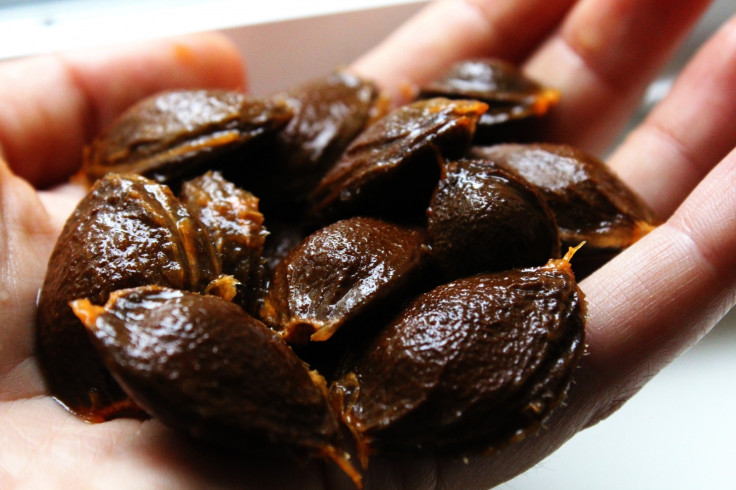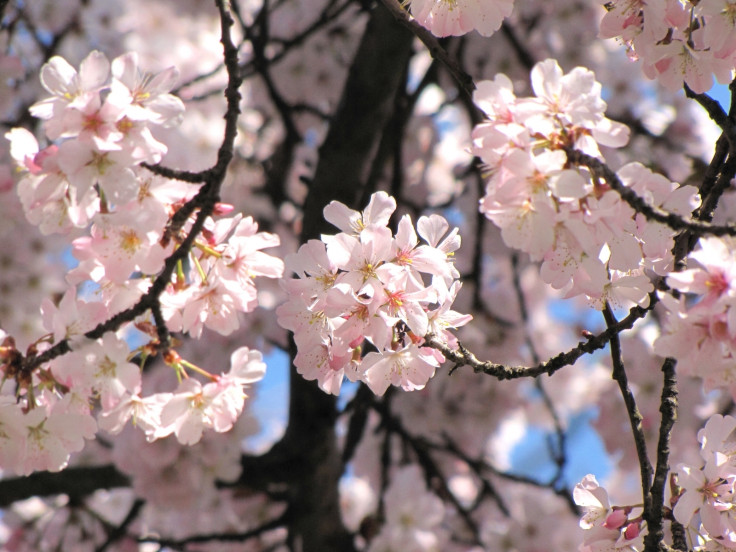Man survives despite taking 4g of cyanide in herbal remedy for 5 years
The man took an incredible 3.9g cyanide a day – and still swears by it.

A 67-year-old man in Australia took 3.9g cyanide every day for five years in a mixture of shop-bought and home-made apricot kernel supplements.
The man had previously had prostate cancer that was in remission. He had been taking two pills of a commercial supplement and two teaspoonfuls of a homemade apricot kernel extract known as 'ake' to prevent recurrence of the cancer, as reported in a rare case in the BMJ.
There is no solid evidence to show that the remedy can prevent cancer. There are, however, several studies showing lethal cyanide poisoning from apricot kernels. The purported active ingredient in the kernels is cyanide. In sufficient doses, cyanide is lethal.
Cyanide poisoning can kill by binding to the haemoglobin in the blood, which transports oxygen around. If enough cyanide binds, oxygen supply to the tissues including the brain and the heart can drop very rapidly, leading to death.
Long-term, chronic cyanide poisoning with lower doses can lead to weakness, vomiting and nerve, kidney and liver damage. Relatively little is known about chronic cyanide exposure.
Doctors at Alfred Hospital in Melbourne noted very low blood oxygen concentrations in the Australian man when he was anaesthetised for a routine cystoscopy, a procedure where a thin camera is inserted up the urethra to see inside the bladder.
His blood oxygen levels fell as low as 89% saturation. Healthy blood oxygen levels are between 95 and 100% saturation. Oxygen treatment could only bring the man's saturation levels up to 94%. Low blood oxygen is potentially fatal during anaesthesia, but the man regained consciousness and reported no pain or dizziness.
Follow-up tests revealed extraordinarily high levels of cyanide in the man's blood, about 25 times the normal figure. The patient revealed he had been taking apricot kernel supplements, both shop-bought and home-made.
They included three apricot kernel extract pills a day of a brand called Novodalin and two teaspoonfuls of home-made ake. The medics tested the supplements to find that Novodalin contained 220mg cyanide per kilogram, and the home-made concoction was more potent, at 1,600mg per kg. These doses added up to the combined total of 3.9g of cyanide every day.
Acute cyanide poisoning from apricot kernels leads to symptoms including very rapid heart rate, dangerously low blood pressure, coma and death. The doctors recommended the patient stop taking the ake. After three days, his cyanide levels had dropped within the normal range. The patient reported feeling completely normal both with and without the ake. Against his doctor's advice, he said that he would continue taking it.

"This case illustrates how chronic dosing of complementary medicines can result in harmful toxicities, which may carry potential for serious consequences and how these chronic toxicities may present to physicians in atypical ways," the authors, led by Alex Konstantatos of Alfred Hospital, write in the study.
"Physicians should be aware that self-prescription with complementary medicines can result in potentially harmful toxicities, and may be more common that currently understood."
There is a strong tradition of taking apricot kernel supplements in the belief that they can cure or prevent cancer.
"There's a counter-culture about apricot kernel extract and cancer which has been around for many, many years, with absolutely no supporting evidence whatever," Mike Morgan, a food biochemist at the University of Leeds, told IBTimes UK.
The American actor Steve McQueen allegedly flew to Mexico for treatment with the extract before his death from cancer.
"People think 'cyanide is going to kill these cancer cells.' There's probably something in that, except of course it's just as toxic to your own cells."
Cyanide is present in the stones or pips of several fruits, including apricots, cherries and bitter almonds. It's also present in cassava, which if not processed properly before eating regularly causes cyanide poisoning.
Recently a man suffered acute cyanide poisoning from eating three cracked cherry pips. At the time, a Food Standards Agency spokesperson said: "Some non-edible parts of fruits, such as cherry seeds, contain cyanide and are not intended to be consumed.
"Some edible products, such as alcoholic beverages made from stone fruits, and canned stone fruits can also contain a low level of cyanide. However, this is regulated to ensure these products are safe for consumption."
© Copyright IBTimes 2025. All rights reserved.






















